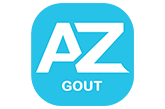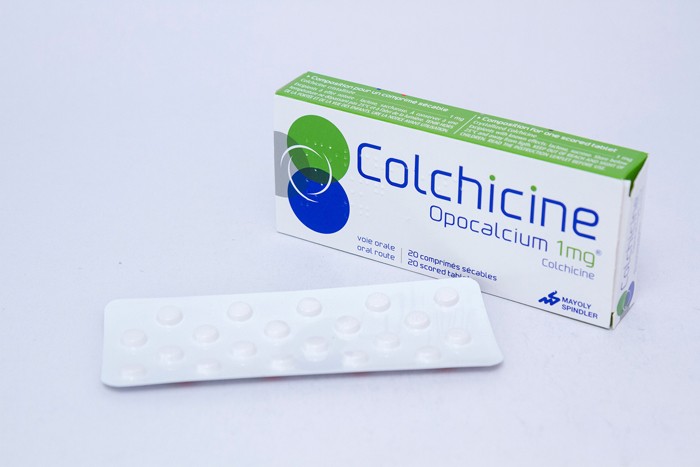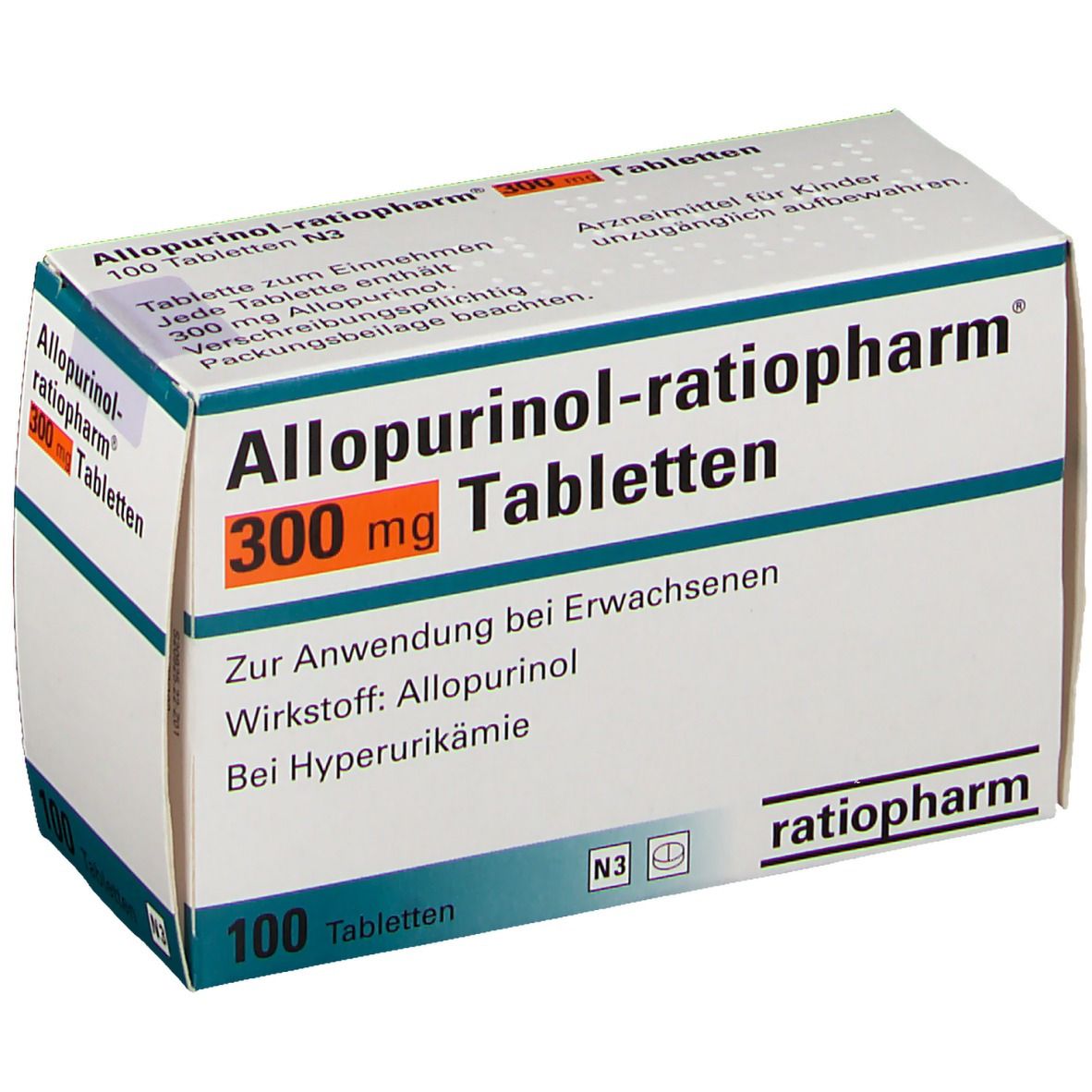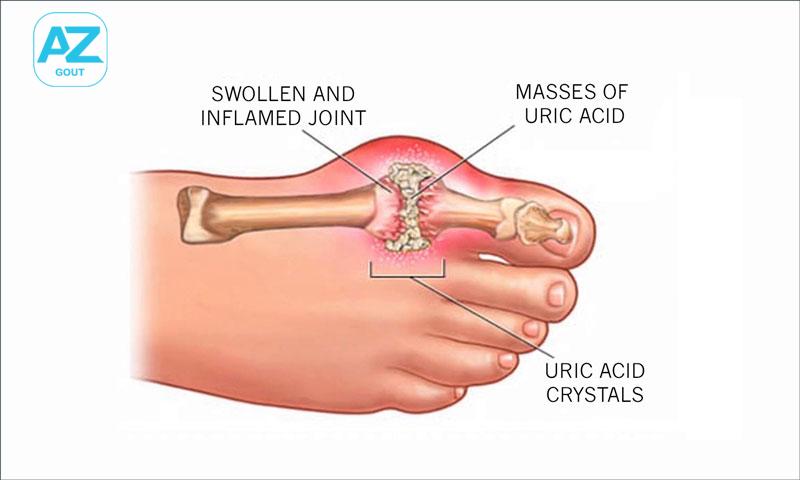
Vitamin D and carotenoids are well-known for their roles in maintaining bone health, eyesight, and reducing inflammation. Recent research suggests that these nutrients might also offer protection against non-alcoholic fatty liver disease (NAFLD), now more accurately termed metabolic dysfunction-associated steatotic liver disease (MASLD).
Study Findings on Vitamin D and Carotenoids Dr. Menghua Tao, Ph.D., an assistant scientist at Henry Ford Health, explains, “We analyzed blood levels of micronutrients in adults with MASLD compared to those without the condition. Our results indicated that higher serum levels of vitamin D and carotenoids were associated with a lower risk of MASLD.”
The protective effect of these nutrients appears to stem from their antioxidant properties, which help neutralize free radicals and reduce oxidative stress. Vitamin D, in particular, works with magnesium to combat insulin resistance, a key factor in the development of MASLD. Additionally, carotenoids help lower inflammation, which is commonly linked to the disease.
Managing Fatty Liver Disease Through Diet MASLD involves fat accumulation in the liver, which can lead to liver damage over time. In its early stages, the disease may not present noticeable symptoms, but it can progress to cirrhosis—a severe condition where the liver becomes scarred and unable to regenerate, often leading to the need for a transplant. Advanced MASLD can also result in liver cancer.
Dr. Tao notes, “While there haven’t been many treatment options for MASLD historically, a new drug has been introduced this year for severe cases. For less advanced stages, lifestyle changes such as increased physical activity, a balanced diet, and weight loss are recommended. Future research might enable us to suggest vitamin D and carotenoids as part of a treatment plan.”
The Role of Supplements and Diet Vitamin D and carotenoids can be beneficial, but they should complement a healthy diet rather than replace it. Vitamin D is less abundant in food and is often obtained through supplementation or sunlight exposure, though the latter carries a risk of skin cancer. In contrast, carotenoids are found in a variety of fruits and vegetables, including carrots, bell peppers, spinach, broccoli, and kale.
Dr. Tao emphasizes, “It’s crucial not to focus solely on individual nutrients but to adopt a balanced eating pattern to ensure you receive a wide range of vitamins and minerals. With ongoing research, we hope to develop specific dietary recommendations for managing MASLD. Most individuals with the condition are in a reversible stage, and with weight loss and dietary changes, they could potentially restore normal liver function.”
For more information on managing MASLD and the role of nutrients in liver health, consult with a healthcare provider.








